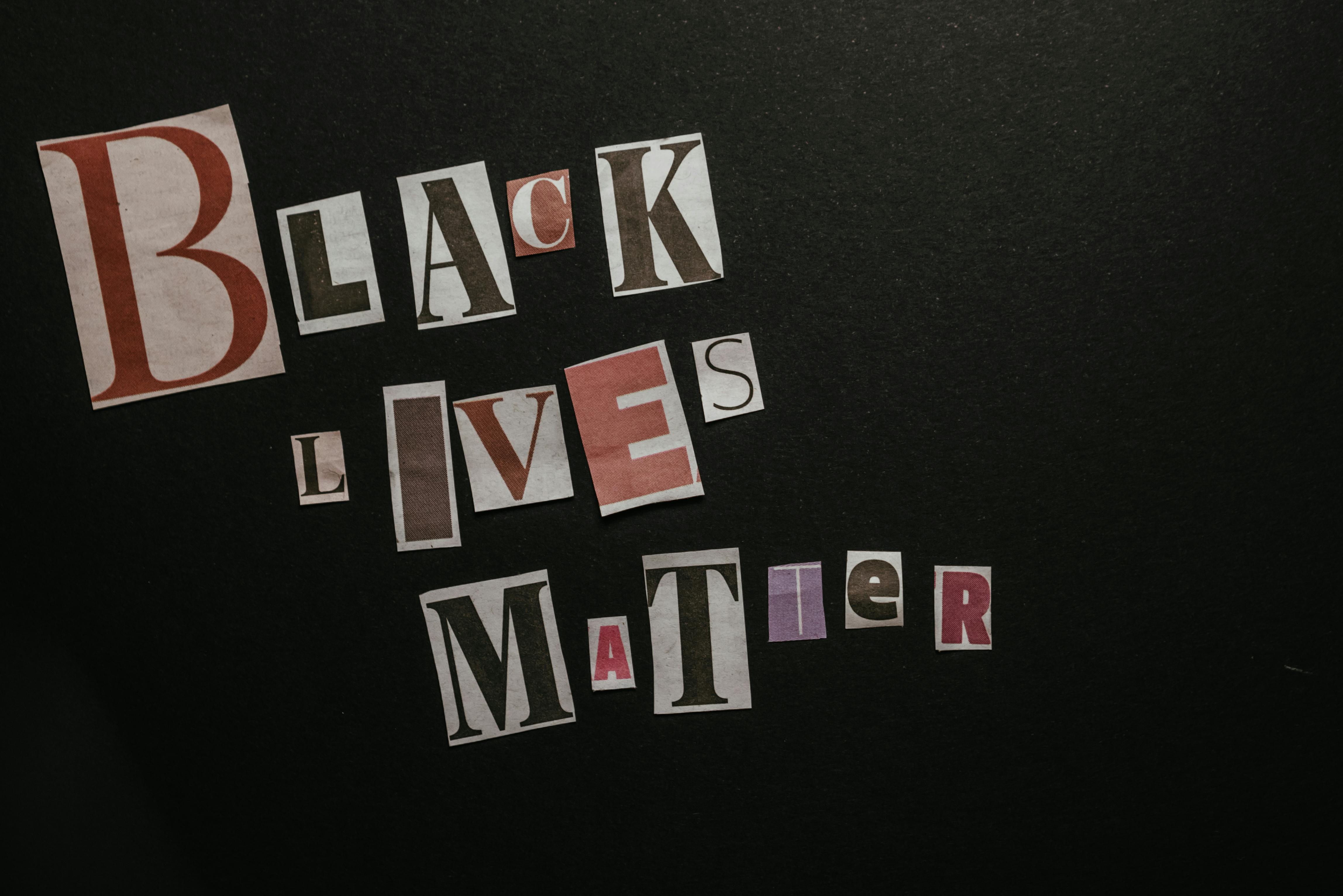As a business owner, you can be sure that if disaster strikes, even as you try to recover, multiple people will be keeping a close eye on your business. For example:
- OSHA will check to make sure you have the proper emergency signage and fire extinguishers.
- Customers They will point out contracts you may have signed promising delivery of products or services.
- employee families (and your attorneys) will want to know if you have taken reasonable steps to ensure the safety of your loved ones.
if you have shareholderswill withstand another level of scrutiny due to its fiduciary responsibility.
What will your findings be?
Of course, whether you can be found wanting or even negligent will depend on the situation.
In all cases, however, a serious lawsuit can bring the company down just as surely as disaster!
Maybe you can’t protect yourself from disaster. But you can take steps to protect yourself from legal consequences.
Three simple recommendations.
- Consult with your professional advisers on the topic of “emergency preparedness”. For example, have a meeting with your attorney, your insurance agent, and your human resources advisor about the issue. Understand the security statutes that apply to your particular industry; professional associations can help here.
- Leverage insider expertise to develop a simple emergency preparedness or business continuation plan. There are many resources available to get you started, and your own staff members are likely to be more knowledgeable about vital functions than anyone outside.
- take reasonable steps to protect the business by following the recommendations in your plan. These include safeguarding data (backups, redundant systems, offsite storage), having a plan to maintain essential functions (with appropriate role assignments and backup assignments to replace people who likely won’t be there), and understand the needs of employees who may be separated from their families.
Yes, emergencies can happen. In the small business world, perhaps it’s safe to say that emergencies WILL happen! However, it does not mean that an emergency must turn into a disaster.
Remember the prudent man rule.
Are you doing what a prudent person in your circumstances would be expected to know and do?
This article is not intended to provide legal advice. But if you’ve identified some potential holes in your emergency planning, now would be a good time to take steps to fill them. Following the recommendations above can protect you from being accused of negligence. More importantly, following them can protect the business from failure.
